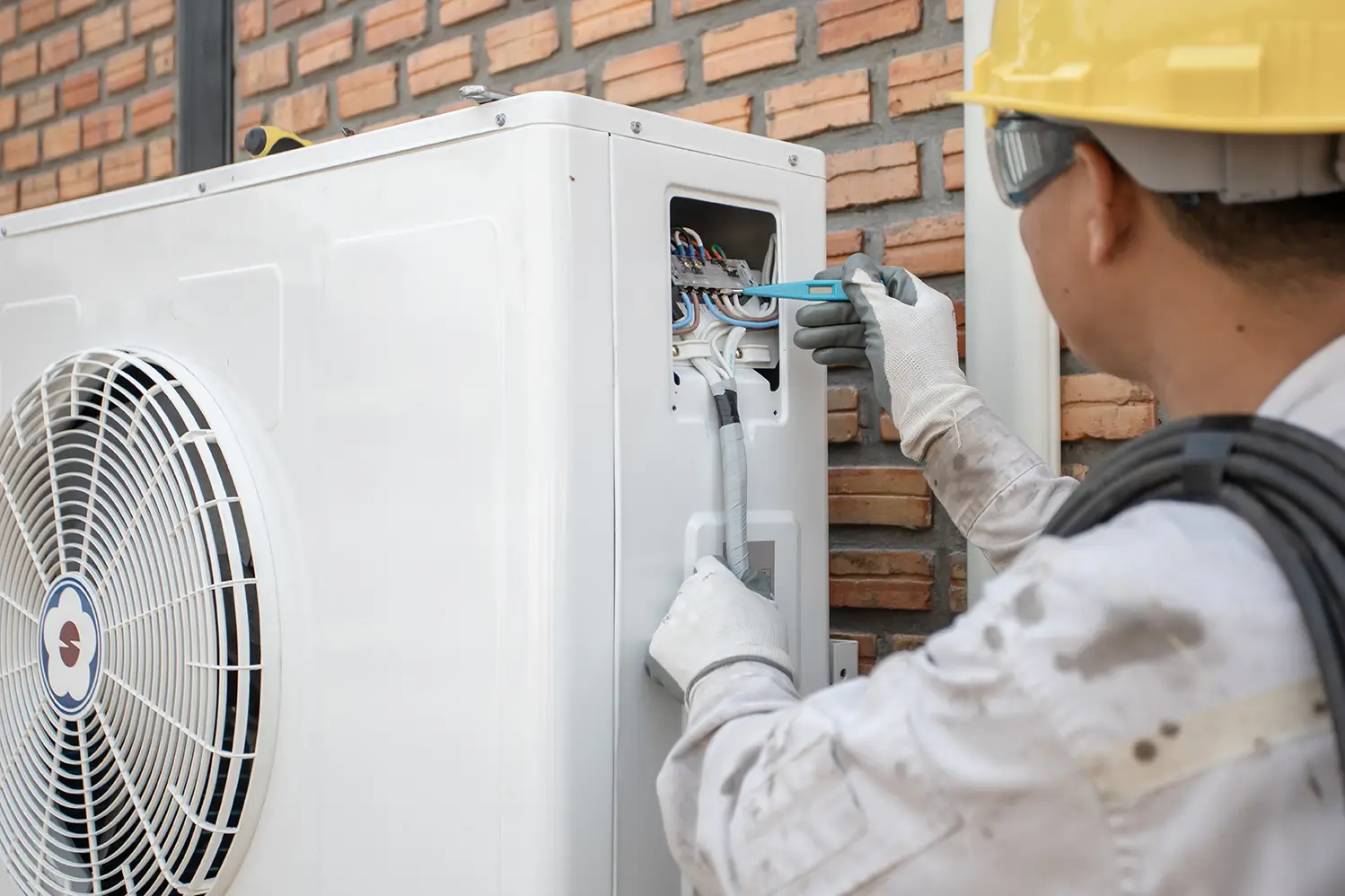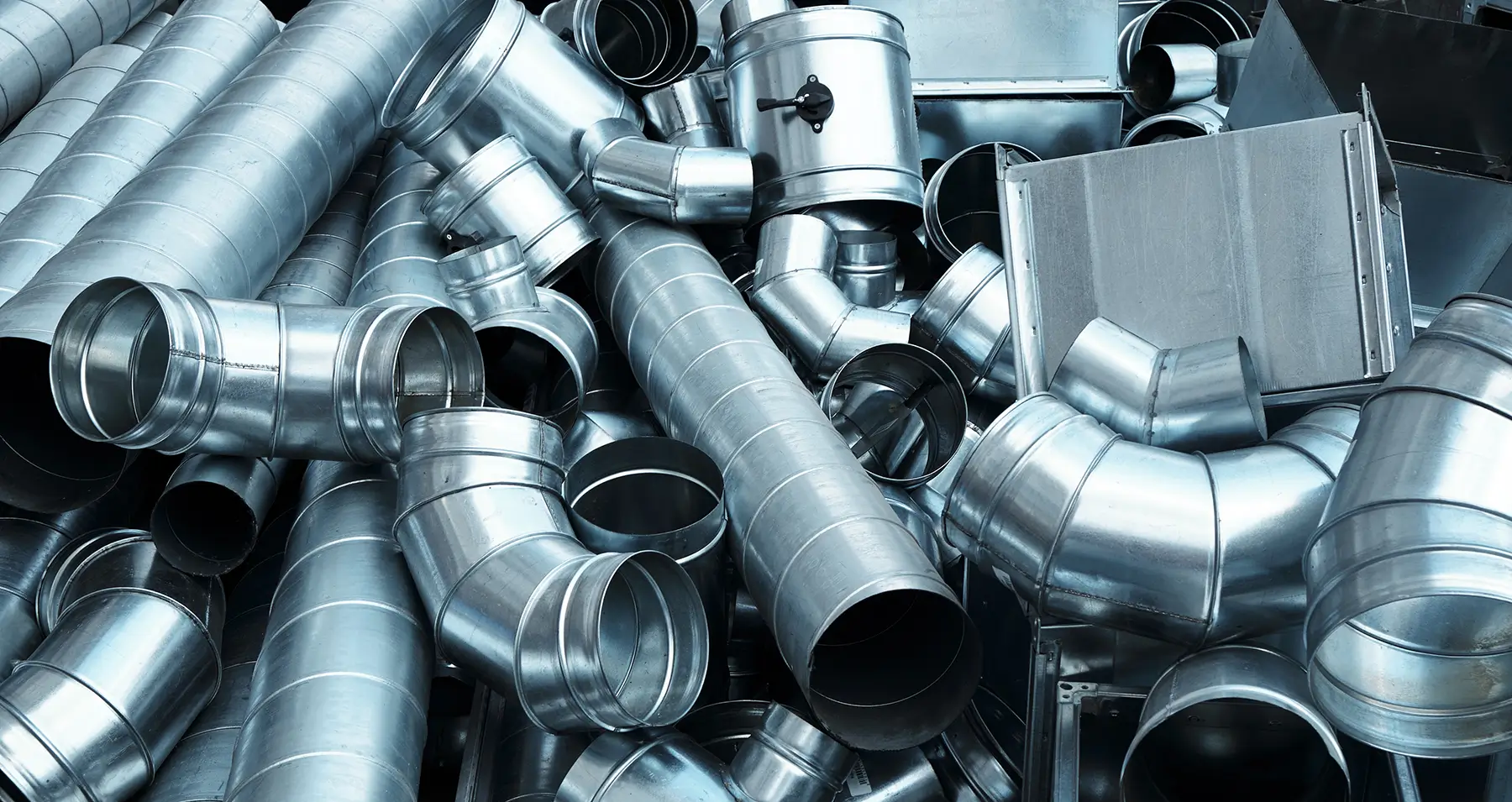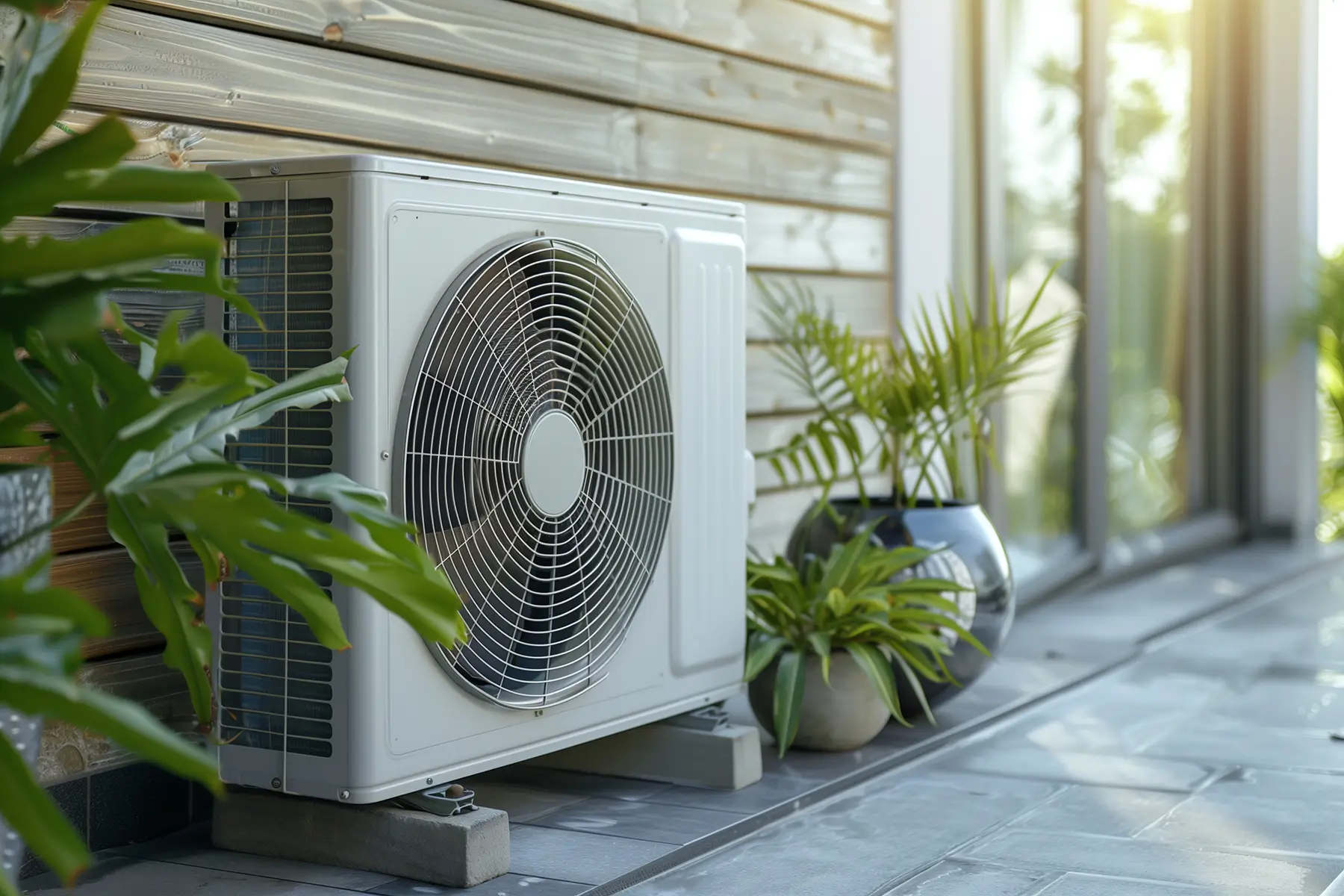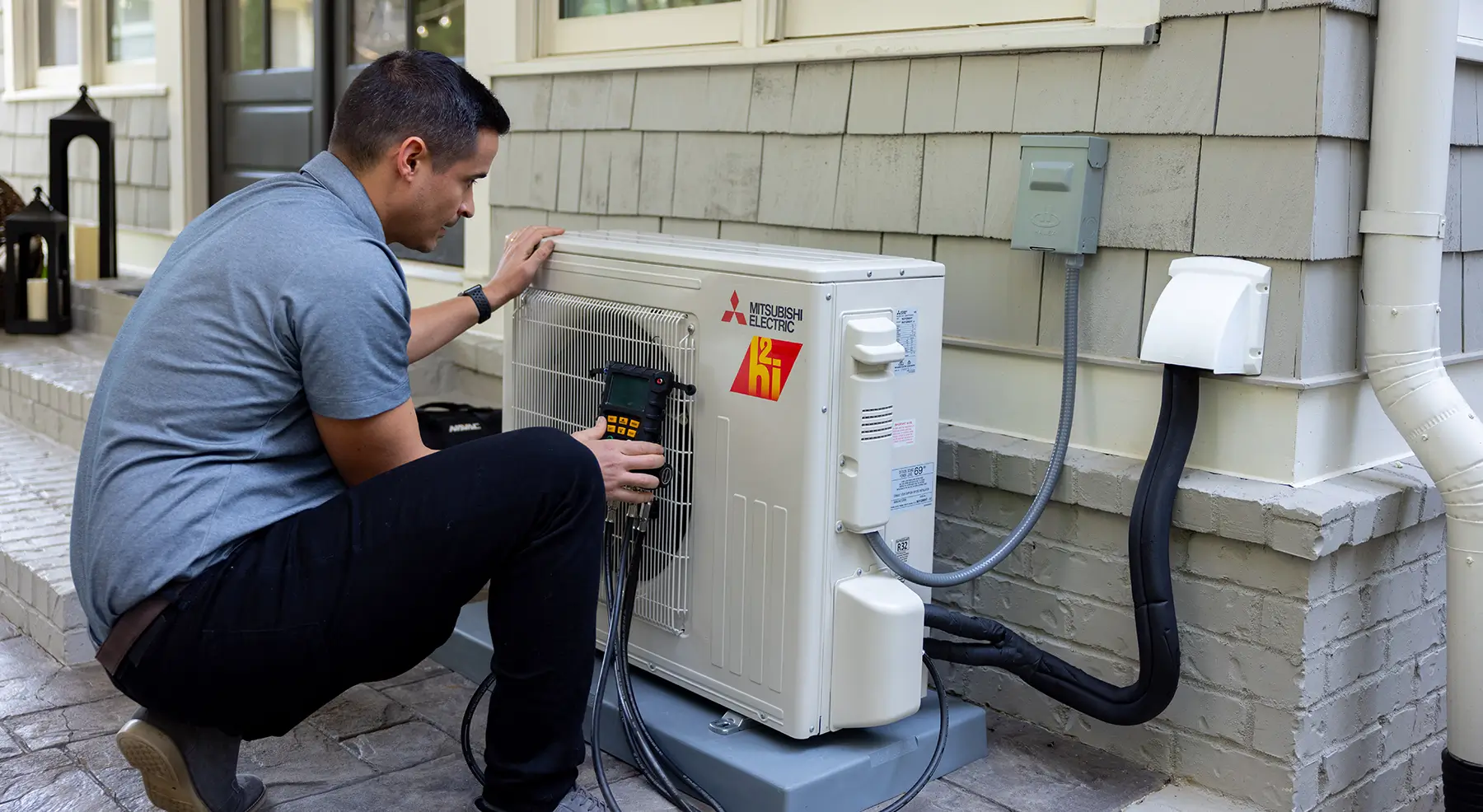Living along the beautiful shoreline of New Jersey offers breathtaking views and endless beach days, but the salty sea air can wreak havoc on your home’s HVAC systems, particularly heat pumps. For homeowners in this region, understanding how to protect these vital systems from corrosive salt air is essential for longevity and efficiency. Here’s a straightforward guide on safeguarding your heat pump against the harsh coastal environment.
Table of Contents
Choose the Right Material
Heat pumps near the coast should be made of materials that can withstand salt air. Look for units with casings manufactured from high-grade, corrosion-resistant materials such as stainless steel or specially coated aluminum. These materials resist rust and can significantly extend the lifespan of your HVAC system.
Elevate the Installation
Elevating your heat pump can protect it from salt-laden moisture that is heavier near the ground. Installation on an elevated platform defends against flooding and reduces the amount of salty mist reaching the unit. This can be particularly effective in high-surf areas with more prevalent salt spray.
Regular Cleaning and Maintenance
Routine maintenance is crucial in coastal areas. If not regularly washed off, salt accumulation on your heat pump can lead to corrosion. Scheduling a professional cleaning service every three to six months can prevent salt buildup and identify issues before they become severe. Homeowners can also gently hose down the unit between professional cleanings to remove any salt residue.
Utilize Protective Coatings
Applying a protective coating to the exterior surfaces of your heat pump can shield the sensitive components from corrosive elements. These coatings are designed to repel water and salt, providing additional protection. Be sure to consult a professional to choose the type of coating that won’t interfere with the unit’s operation.
Consider a Wind Barrier
In highly windy locales, constructing a barrier that blocks wind-driven salt spray can protect your heat pump significantly. This should be done carefully to ensure the barrier does not restrict airflow around the unit, which is vital for its efficient operation. Strategic placement of landscaping, using salt-tolerant shrubs and trees, can also serve as a natural barrier.
Install Air Filtration
A sound filtration system can help trap salt particles before they settle on the heat pump. High-quality air filters can capture fine particulates, reducing their potential to cause damage. Regularly replacing these filters is essential to maintaining airflow and efficiency.
Conclusion
By following these steps, homeowners along New Jersey’s shoreline can effectively protect their heat pumps from the damaging effects of salt air, ensuring that their systems remain efficient and functional for years to come. Whether installing a new heat pump or maintaining an existing one, consider these protective measures to maximize your investment.
If you need clarification on the best practices for installing or maintaining a heat pump in a coastal area, please contact RYCOR HVAC. Our team of experts specializes in coastal HVAC solutions and can help you find the perfect system for your home. Protect your comfort and investment by contacting us today at RYCOR HVAC for all your heat pump needs!




